Writing Caste/Writing Gender: Reading Dalit Women's Testimonios
In the 1990s, Dalit scholars and activists posed sharp challenges to the ways in which academic canons were made and curricular protocols established. This book engages with these challenges, turning its attention specifically to Dalit women and looking at curricular and pedagogical practices that deny their agency. The author makes a case for the use of what she terms Dalit testimonios-life narratives of struggle in which the teller, in this case the woman, is herself a witness and often a participant-as a critical tool for pedagogies. She argues that Dalit life narratives historically created the genre of testimonios and highlight the significance of Dalit women’s testimonios in challenging the prevailing singular communitarian notion of Dalit community. The book brings together 'translations' of eight testimonios, introducting the context within which they were written and describing the ways in which they made their way into the public sphere. The women's narratives are organized thematically and re-rendered, with an extensive use of translated passages, under the broad headings of the household, food and hunger, community, caste, culture and practices of labour, the school, bumilation, violence, resistance and collective struggle. As well, the narratives shed light on the spaces Dalit feminism was carving out within politicalformations, but also in education and literary movements. In doing this the author urges readers to rethink conceptualizations of Dalit feminism as something new, something that has 'emerged' out of the exclusionary practices of what is known as mainstream feminism and the presumed 'silent' years of Dalit feminism. Further, she points to the necessity and importance of rethinking the received theoretical frameworks of caste and gender.
Get it now and save 10%
BECOME A MEMBER

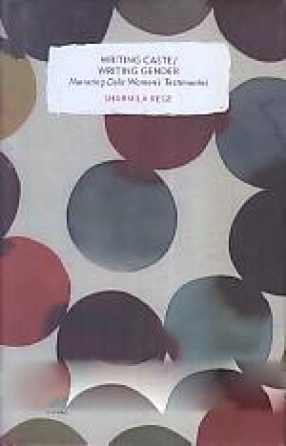
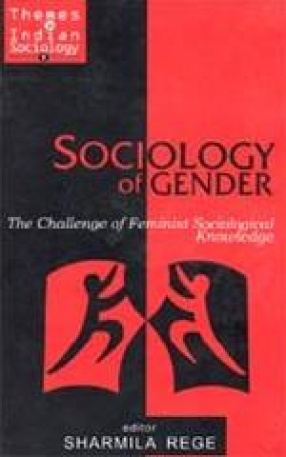
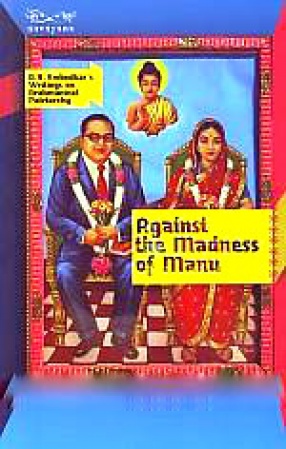

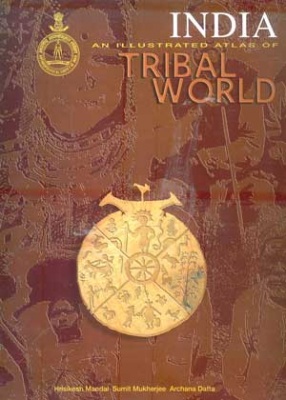
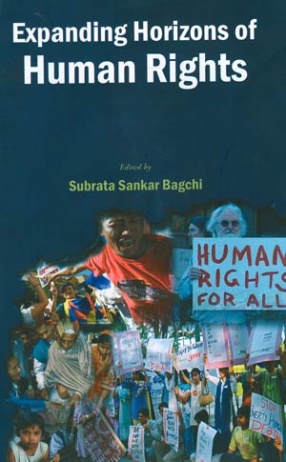
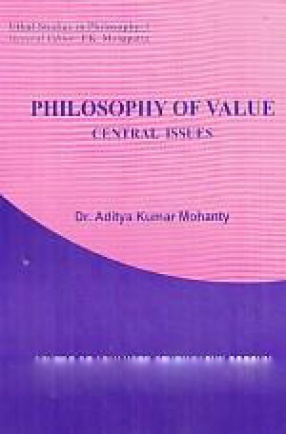

Bibliographic information